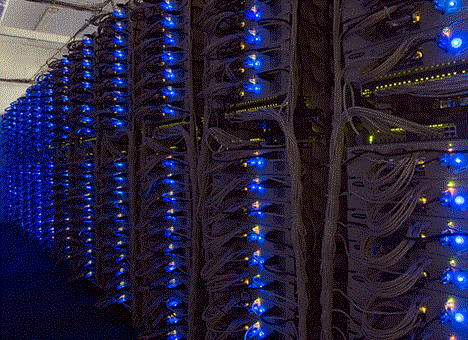 While the benefits of prefabricated, pre-assembled data centre modules have tended to be focused on the reduced time taken to design and deploy by using modular architecture, as well as the predictability in performance, white paper author Wendy Torell has discussed how significant savings of up to 30% can be achieved.
While the benefits of prefabricated, pre-assembled data centre modules have tended to be focused on the reduced time taken to design and deploy by using modular architecture, as well as the predictability in performance, white paper author Wendy Torell has discussed how significant savings of up to 30% can be achieved.
Schneider Electric’s white paper has shown how avoiding overbuilt capacity and scaling the design over time contributes to a significant percentage of the savings. The use of prefabricated modules enables the rightsizing of infrastructure to actual data centre loads. This, in combination with current power and cooling distribution technologies, results in a TCO savings 27.2% in capital cost and 31.6% in ongoing operating costs
The agility afforded by the use of prefab designs gives the owner operator additional flexibility through the data centre lifecycle. Traditional designs almost always intentionally incorporate excess capacity upfront because subsequent expansion of power and cooling capacity is extremely difficult and costly in a production data centre. This often has the effect of people being overly conservative in capacity planning.
This conservative approach often results in higher upfront capital costs and a chronically inefficient data centre. The proper deployment of prefabricated modules, on the other hand, eliminates this wasteful over-sizing tendency, because its standardised, modular architecture makes adding or reducing capacity to meet real-world, dynamic demand much easier. This, in conjunction with efficient, integrated power and cooling technologies, results in significant savings.
White paper 164 provides a 10-year operational cost break out comparison between traditional and prefabricated and traditional approaches for a 5MW data centre build. It looks at the PUE of each as the data centre is built out, as well as providing a guide to energy savings potential. It also studies the comparative merits of factory assembly and test of systems versus field services for integration on the construction site.
